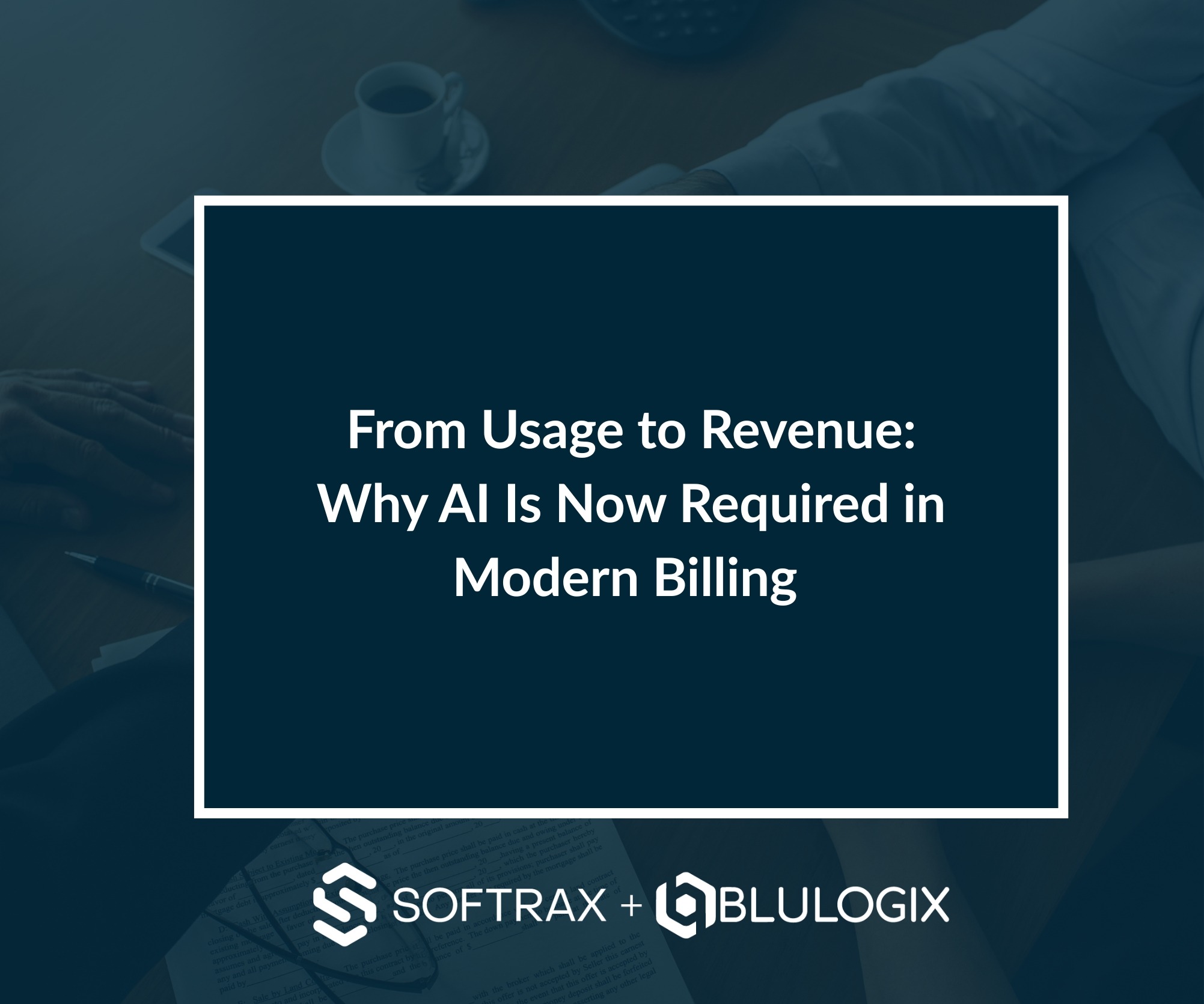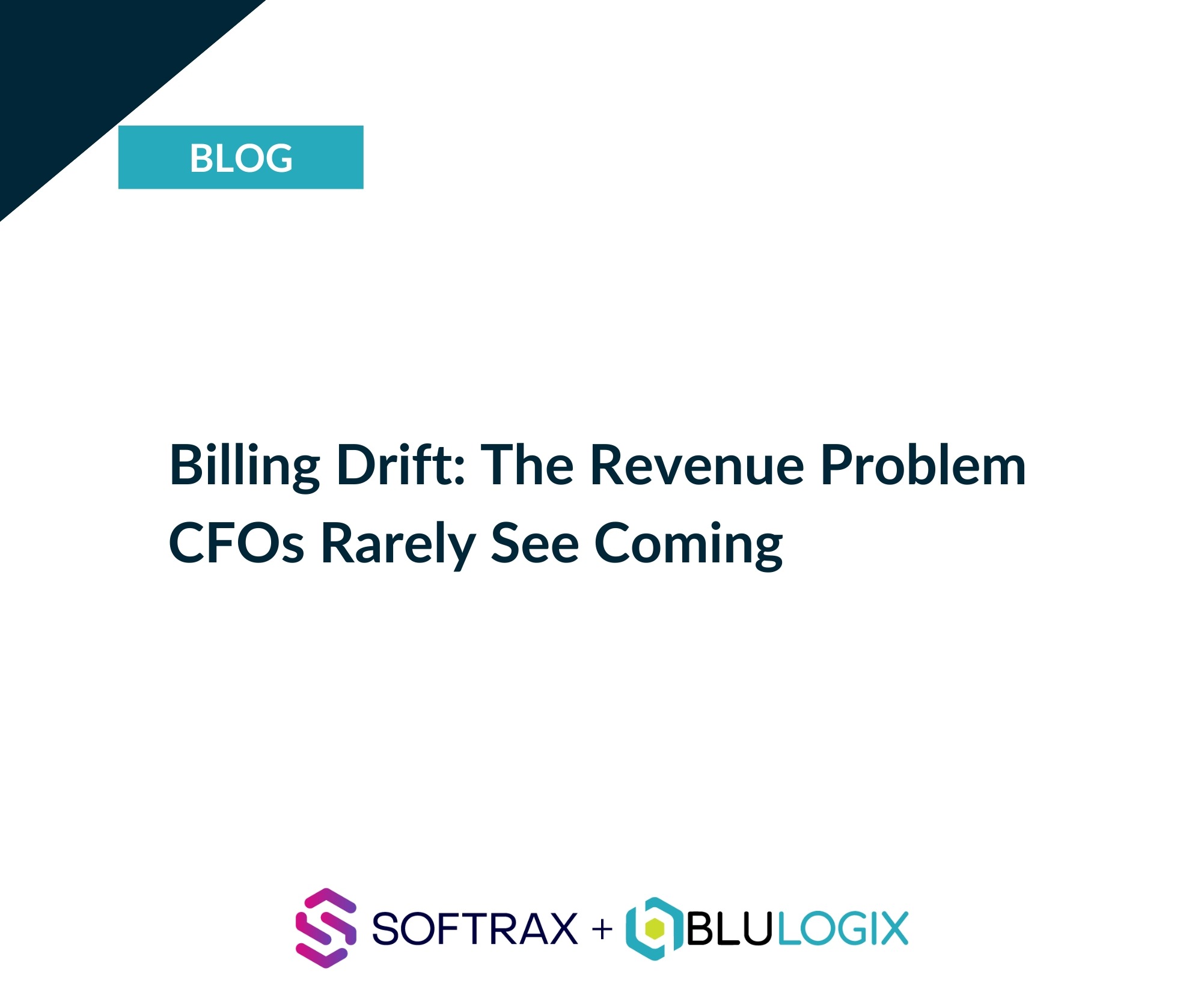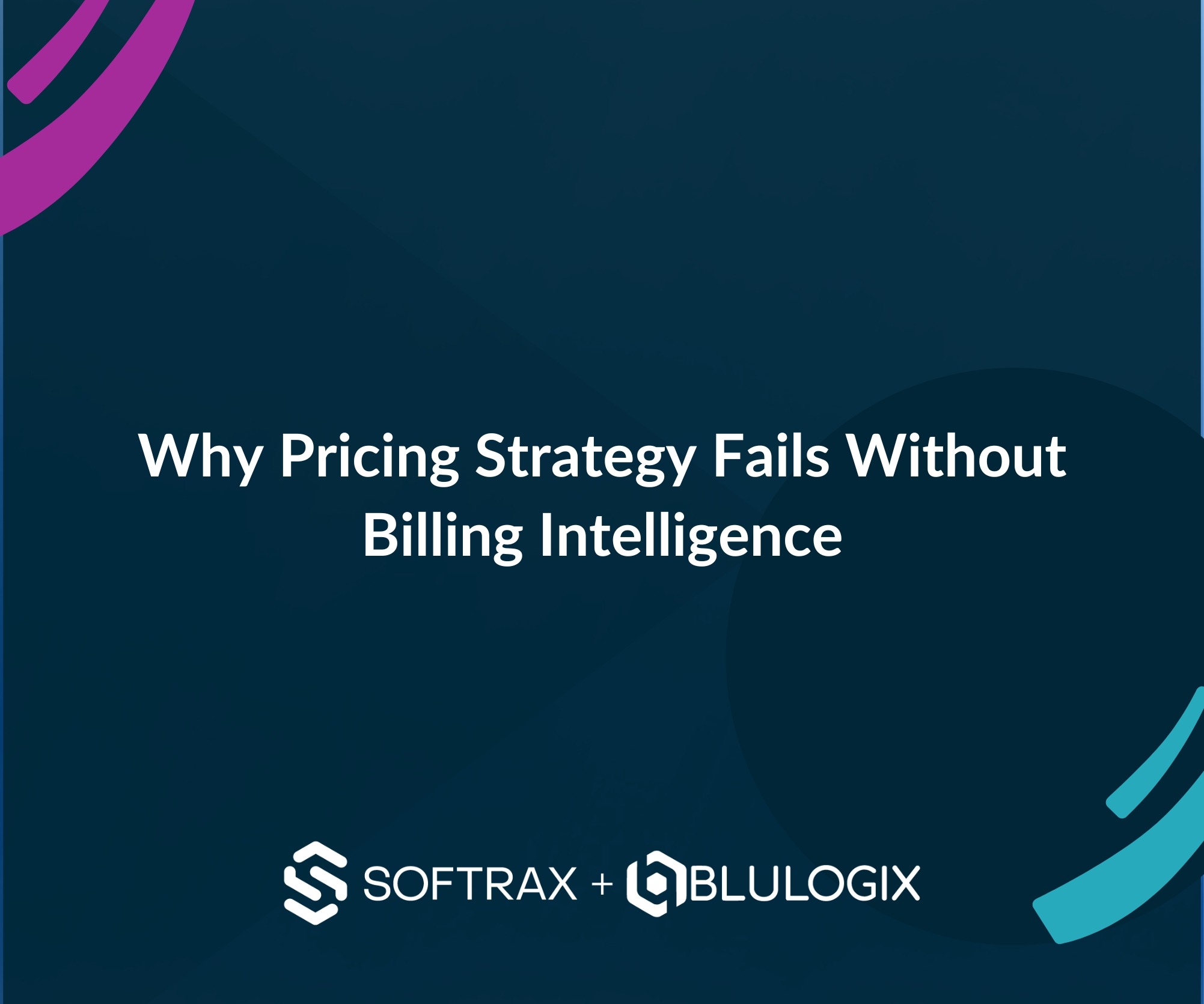As we stand on the brink of a new era in digital commerce, the future of subscription billing and monetization beckons with a promise of innovation, challenges, and unprecedented growth opportunities. The landscape of agile monetization is rapidly evolving, driven by technological advancements, shifting consumer expectations, and new business models. This blog post explores the emerging trends that are set to redefine subscription billing and monetization, offering predictions for the transformative journey ahead in the digital economy.
- Increased Personalization Through AI and Machine Learning
The future of subscription billing sees artificial intelligence (AI) and machine learning (ML) taking center stage, enabling hyper-personalized customer experiences at scale. Predictive analytics will allow businesses to anticipate customer needs, tailor offerings, and dynamically adjust pricing models based on individual usage patterns and preferences, enhancing customer satisfaction and loyalty.
- Expansion of Usage-Based Billing Models
As consumers increasingly favor pay-for-what-you-use models, we’ll see a surge in usage-based billing across various industries, from SaaS and cloud services to media and telecommunications. This trend will demand more sophisticated tracking and billing systems capable of processing complex usage data in real-time, offering transparency and fairness in billing.
- Blockchain for Enhanced Security and Transparency
Blockchain technology is poised to revolutionize subscription billing by ensuring secure, transparent transactions and automating billing processes through smart contracts. This decentralization can significantly reduce fraud, streamline operations, and build trust between service providers and consumers.
- Seamless Omnichannel Customer Experiences
The boundaries between online, offline, and mobile commerce will continue to blur, giving rise to omnichannel subscription models that offer a cohesive customer experience across all touchpoints. Businesses will need to integrate their billing systems across platforms to provide a seamless, unified subscription experience, regardless of where or how a customer chooses to engage.
- Regulatory Compliance and Data Privacy
As subscription models proliferate, so too will regulatory scrutiny, particularly around data privacy and consumer protection. Businesses will need to prioritize compliance within their monetization strategies, adapting to global regulations like GDPR and CCPA, and ensuring transparent, ethical use of customer data.
- The Rise of Subscription Marketplaces
The future will see the emergence of subscription marketplaces, where consumers can discover, manage, and customize multiple subscriptions from a single platform. This trend will encourage collaboration and bundling strategies among subscription providers, offering customers unparalleled convenience and choice.
- Sustainability and Social Responsibility
Consumer demand for sustainability and social responsibility will influence subscription models, with businesses incorporating eco-friendly practices and social impact initiatives into their value propositions. Subscription services that contribute to a circular economy, reduce waste, or support social causes will gain traction among socially conscious consumers.
- Integration of IoT in Subscription Services
The Internet of Things (IoT) will increasingly intersect with subscription services, enabling innovative models where physical products are enhanced with digital subscription services. From smart appliances offering maintenance subscriptions to fitness equipment with on-demand workout content, IoT will open new avenues for value-added subscriptions.
The future of subscription billing and monetization in the digital economy is vibrant and full of potential. By staying ahead of these emerging trends, businesses can position themselves to thrive in an increasingly competitive landscape, leveraging agile monetization strategies to deliver value, drive revenue, and build lasting customer relationships.
As we continue to explore the evolution of agile monetization, stay tuned for our next post, where we’ll delve into best practices for adopting these emerging trends and integrating them into your monetization strategy effectively. Join us as we navigate the exciting road ahead for subscription billing and monetization.

































